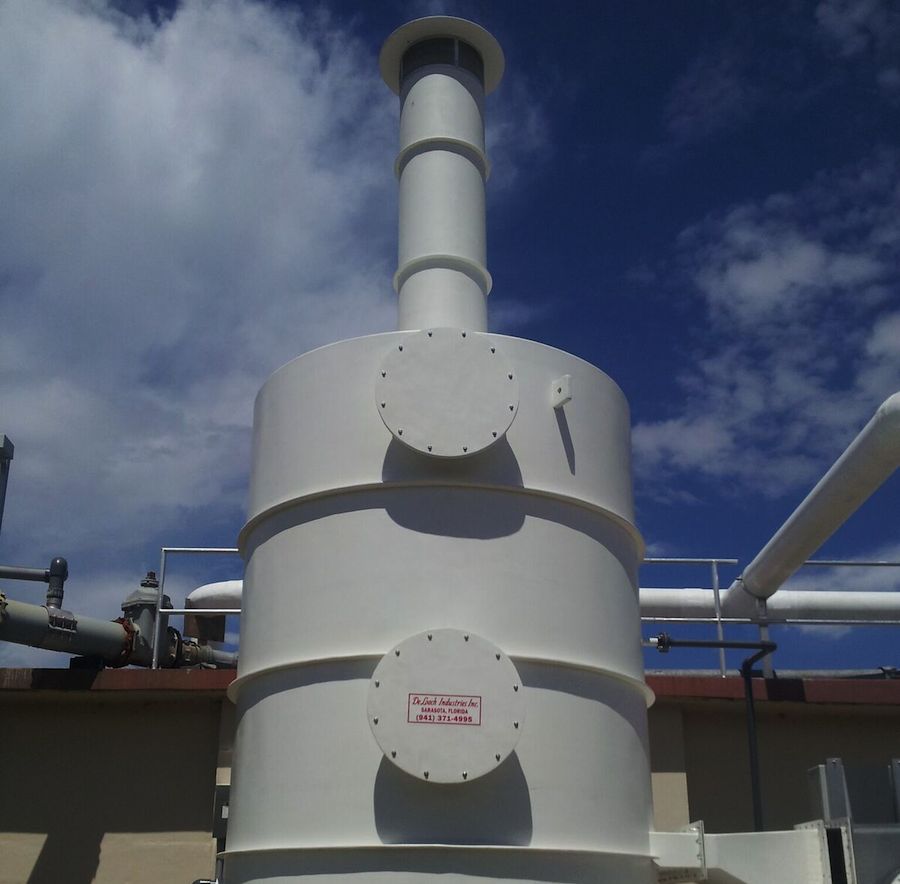CO2 & pH In municipal and industrial water processes
Carbon Dioxide (CO2) in municipal and Industrial water can create problems in the water treatment process, increase operational costs of the treatment plant, and cause excessive corrosion to equipment and ancillary equipment.
In nature, one of the most natural common causes that create low pH or acidity in water is an element known as “Carbon Dioxide” (CO2). The process of how carbon dioxide enters the water in the first place is a topic worth exploring. Nature creates one of the most common causes of CO2 found in the water naturally. When the water reaches an equilibrium with our atmosphere followed by the biological degradation that is aided by the photosynthesis of organic carbon (CH2O) then carbon dioxide begins to form. Organic carbon is dissolved in water and it forms “Carbonic Acid”
(H2CO3). CO2 (g) + H2O (l) = H2CO3 (aq).
The process to form the carbonic acid is slow and only a small portion remains as an acid because proton losses occur during the process.
H2CO3 (aq) « H+ (aq) + HCO3- (aq)
CO3- (aq) « H+ (aq) + CO32- (aq)




